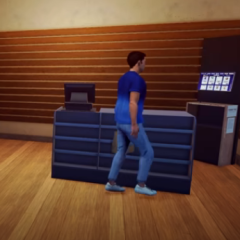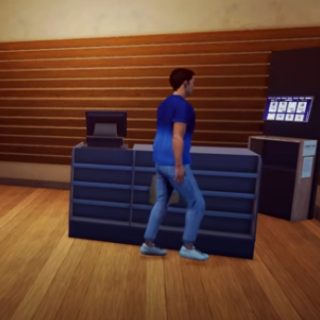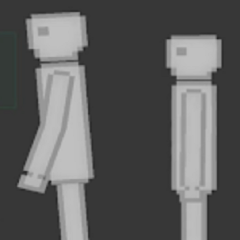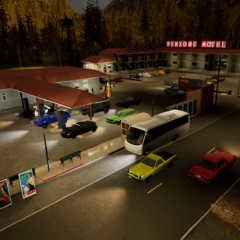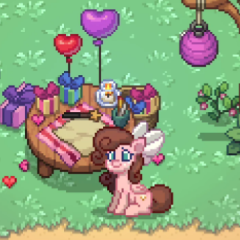Tabletop Game Shop Simulator is a management game where players run a store that sells board games, cards, and miniature sets. Starting from a small corner shop, the player handles every aspect of the business — ordering stock, arranging shelves, and keeping customers satisfied. The goal is to build a sustainable store that grows into a successful local hub for tabletop gaming. Every decision, from what to sell to how to design the shop’s layout, affects reputation and profit.
Gameplay And Core Mechanics
The core gameplay revolves around inventory management and customer interaction. The player must restock shelves, monitor sales, and anticipate what customers want. When new products are released, adjusting the selection can boost popularity and keep regular players returning. The layout of the store also influences how efficiently customers browse and purchase items.
The game’s main systems include:
· ordering and managing tabletop products
· setting prices and tracking profits
· arranging shelves and displays
· responding to customer feedback
· hosting events and tournaments
Each system connects with others, encouraging planning and gradual expansion as the shop becomes more complex.
Progression And Upgrades
As profits increase, the player can expand floor space and introduce more product categories. Staff can be hired to assist with sales or event organization, allowing more efficient operations. Upgrading furniture, lighting, and decorations helps attract new customers while improving the store’s functionality. Over time, balancing staff management, stock rotation, and special promotions becomes essential to maintaining success.
Events And Community
Beyond simple sales, Tabletop Game Shop Simulator emphasizes building a player community. The player can organize events such as board game nights, card tournaments, or new product launches. Hosting these events strengthens relationships with customers and generates additional income. Successful events improve the store’s reputation, attracting more visitors and unlocking exclusive partnerships with game distributors. Building this social aspect transforms the shop into a meeting place for tabletop enthusiasts rather than just a retail business.

